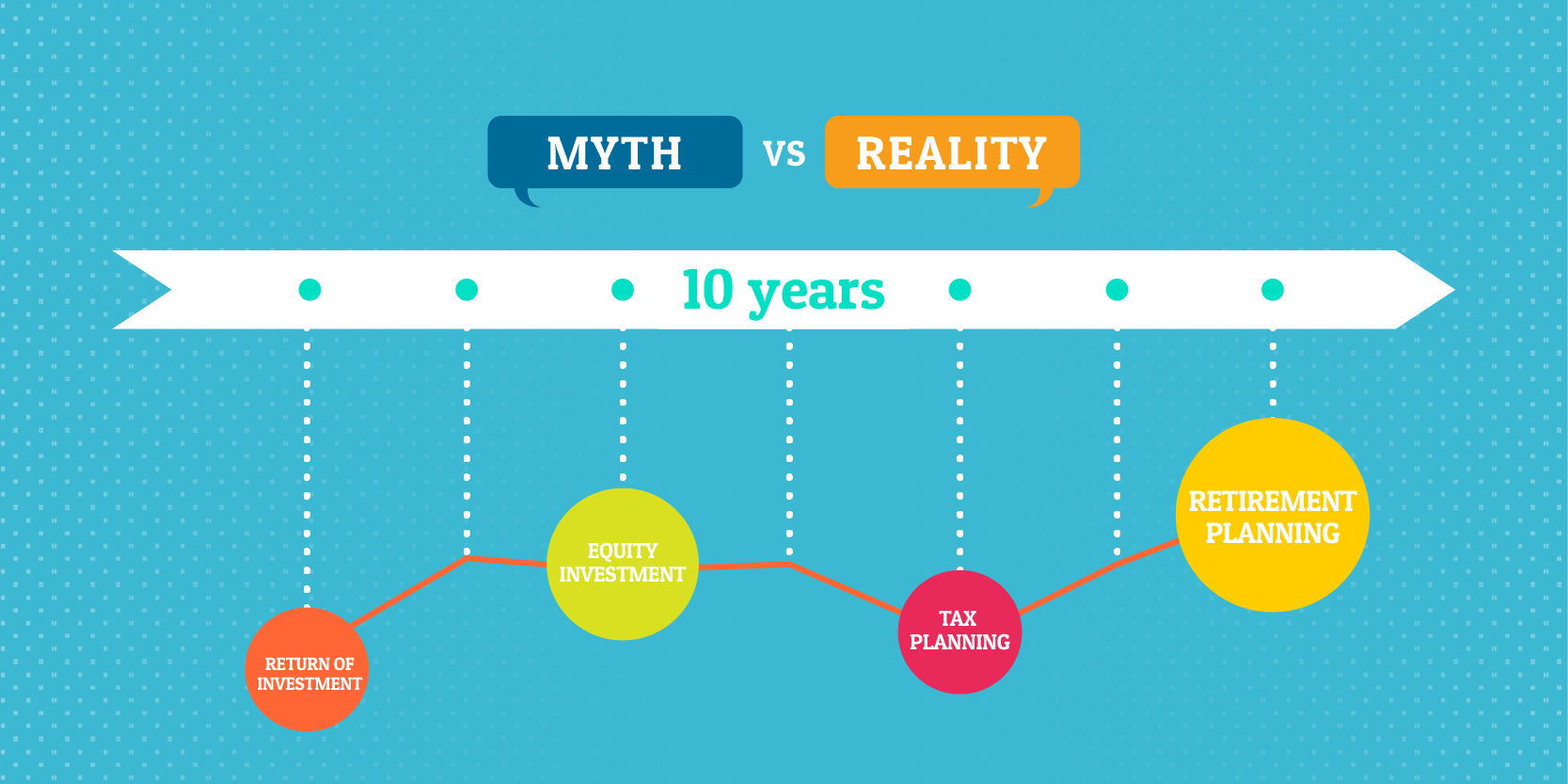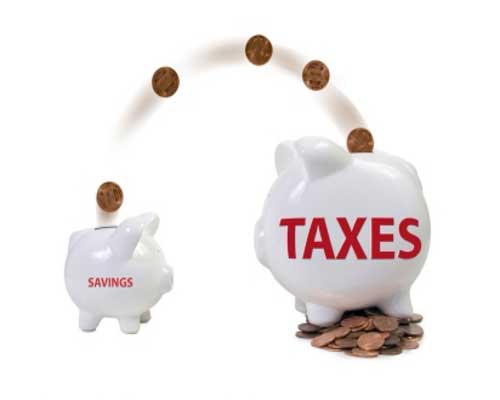Tag Archives: tax planning
3 Financial Planning Myths That Just Don’t Seem To Die
You know what they say about a myth: The myth is dead. Long live the myth! Here are 3 myths that seem to have survived the Great Depression, the swinging sixties and dotcom noughties. YOU MAY ALSO WANT TO: Calculate your long-term returns with our Compound Interest Calculator or your retirement savings with our Retirement Savings Calculator.
How Not To Go Wrong While Planning For Your Future Goals
Sameer wanted to plan for a Bangkok trip, but Sangeeta wanted to go somewhere within the country and save money. And, with those savings, she planned to buy gold jewellery which could have been considered as an investment for their future as well. To sort out their differences, the couple went to their uncle, who… Read More »
5 Financial Planning Myths Busted
Sunny Leone was once a practicing nun. There! We just did what gets done all the time – create a myth. The financial planning world is full of such myths (not about Sunny Leone, but hey, we like the way you think!) Here are five such myths. We can’t tell you who created them. So… Read More »
How to avoid tomfoolery in the New Financial Year
March with its feverish frets and yearly targets is over. April 1st was (no, not All Fools Day) the start of the New Financial Year. So, did you make those financial resolutions for the new year? Or did you end up like Teena and Prateek? Teena and her husband Prateek, a newly-wed couple, had a… Read More »
Last minute tax planning? Here is a quick guide!
Tax incentives are given to encourage savings/ investments. Savings form part of your overall financial plan which in effect means tax planning is a subset of financial planning. Your financial plan will set objectives for you based on your aspirations, your life style, your age group, size of family etc. The question you need to… Read More »
Does your tax planning give you a break or does it break you?
Of the investments in Section 80C, ULIPs and ELSS (Tax Saving Mutual Funds with 3 years lock-in)could be considered by investors with a long term (above 7 years and 3 years respectively)investment purpose. EPF is unavoidable for the salaried employee, so it becomes an automatic investment.





